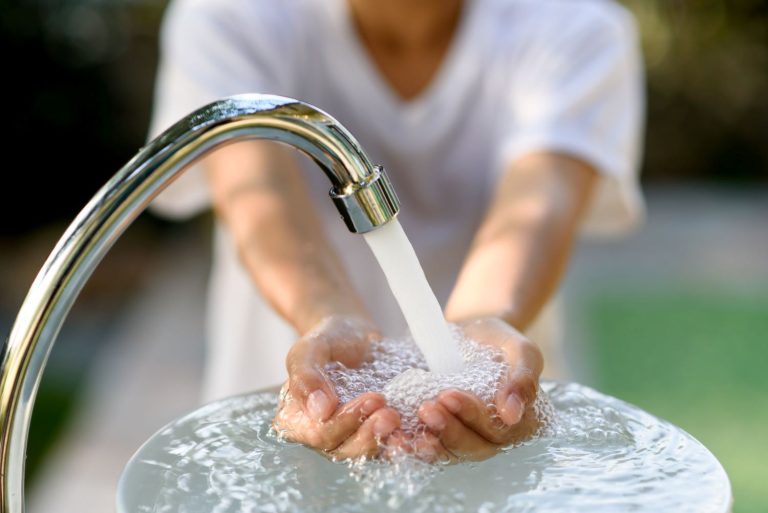Despite a selective chorus of voices warning of an impending water crisis, Tom Reynolds, chief executive of the Bathroom Manufacturers Association, argues the government and key stakeholders must urgently educate the public.
In the heart of our country, a looming crisis is quietly unfolding, largely ignored by the public despite its impending severity: water scarcity.
The combination of a surging population and climate change effects such as rising temperatures and more frequent extreme weather events significantly threaten our water security. Indeed, parts of the Southeast are already classed as ‘water-stressed’.
The Great British Rain Paradox survey paints a startling picture – while 72% of the British public believes that the UK has sufficient water to meet daily demands, the reality is far different. Only 10% of people consider water consumption a critical environmental issue, ranking significantly lower than plastic pollution (39%), energy consumption (22%), and food waste (16%). This alarming discrepancy in perception highlights a critical need for awareness and education.
Water companies and their associated non-governmental organisations (NGOs) have historically been the messengers for water reduction calls. However, they must first address critical issues to regain credibility. High on the agenda is reducing water pipe leakage and tackling sewage pollution. Without public trust in their capabilities, their messages to educate the public about water scarcity and reduce demand will likely fail.
Without any current comprehensive government action on education concerning water reduction, the onus will fall on the next administration to coordinate a national public information campaign. The objective must be to enlighten the public about the impending water scarcity crisis and instigate simple steps to reduce consumption. A proactive approach should also include promoting or incentivising the retrofitting of water-efficient fittings in properties, ultimately driving widespread change.
In addition, architects and designers hold a unique position to contribute to this cause. A national public information campaign would enable you to advocate louder for water-saving initiatives within the bathroom space. By incorporating water-efficient fittings in your designs, you contribute to the larger conservation effort and position yourself as a pioneer in sustainable design. Your influence extends beyond aesthetics; it encompasses the responsibility to foster a collective understanding of the water scarcity challenge and to drive tangible change.
The water crisis in England may be quiet, but its consequences are deafening. It’s time for the next UK Government and key stakeholders to amplify their voices, implement innovative solutions and advocate for lasting behavioural change. The future of water sustainability lies in our collective hands, and the bathroom sector can be at the forefront of this transformative journey.


